Blinken begins Middle East mission to bolster Gaza ceasefire
3 min readU.S. Secretary of State Antony Blinken began a Middle East visit in Israel on Tuesday, hoping to bolster its ceasefire with Gaza’s ruling Hamas militants and help speed humanitarian aid to the devastated Palestinian enclave.
In tandem with Blinken's mission, Israeli authorities said they were allowing fuel, medicine and food earmarked for Gaza's private sector to enter the territory for the first time since 11 days of cross-border hostilities started on May 10.
Blinken was also due to visit Ramallah in the occupied West Bank, Cairo and Amman, with the United States harbouring "every hope and expectation" the ceasefire would continue to hold, a senior State Department official said.
"Our primary focus is on maintaining the ceasefire, getting the assistance to the people who need it," said the official, who spoke on Monday on the condition of anonymity. Egypt brokered the truce, in coordination with the United States.
But the official suggested it was too early for wider peace talks between Israel, in political flux after four inconclusive elections in two years, and the Palestinians, divided by enmity between Hamas and Western-backed President Mahmoud Abbas.
U.S. President Joe Biden has said a two-state solution was the only answer to resolving the Israel-Palestinian conflict, and pledged a major package with other countries to help rebuild Gaza. Israeli-Palestinian peace negotiations collapsed in 2014.
Blinken's agenda included talks in Jerusalem on Tuesday with Israeli Prime Minister Benjamin Netanyahu and a meeting in the West Bank city of Ramallah with Abbas. Blinken is due to remain in the region through Thursday.
The right-wing Netanyahu, who usually avoids using the term "Palestinian state", had been largely in lockstep with Democrat Biden's Republican predecessor Donald Trump, who cut off U.S. aid to the Palestinians and promoted a peace plan that envisaged Israel holding onto most of its settlements in the West Bank.
Hamas, which is regarded by the West as a terrorist group and opposes any Palestinian peace efforts with Israel, began cross-border rocket attacks on May 10, drawing Israeli air strikes.
The hostilities were set off in part by Israeli police raids on the Al-Aqsa mosque compound in Jerusalem and clashes with Palestinians during the Muslim holy month of Ramadan.
At least 253 people were killed in Gaza and more than 1,900 wounded, health authorities said, during the heaviest Israeli-Palestinian fighting in years.
The Israeli military put the death toll in Israel at 13, with hundreds treated for injuries after rocket salvoes caused panic and sent people as far away as Tel Aviv rushing into shelters.
Commercial buildings, residential towers and private houses across the Gaza Strip, where 2 million people live, were damaged or destroyed by the time the ceasefire was announced.
Israel says air strikes hit legitimate military targets and that it did its utmost to avoid civilian casualties, including giving prior warnings when it was about to strike residential buildings that it said also had a military use.
Palestinian officials put reconstruction costs at tens of millions of dollars in Gaza. Israel has blockaded the territory since 2007, in what Palestinians condemn as collective punishment. Egypt also maintains restrictions on its border with Gaza. Both countries cite security concerns for the measures.
For the latest news, follow us on Twitter @Aaj_Urdu. We are also on Facebook, Instagram and YouTube.













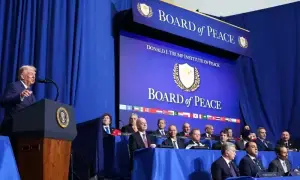



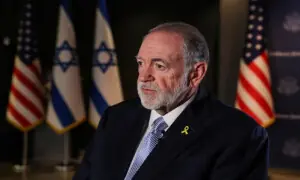
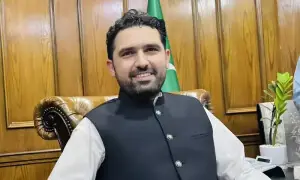

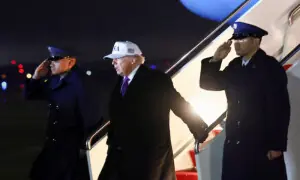
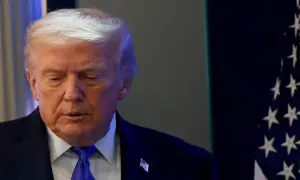
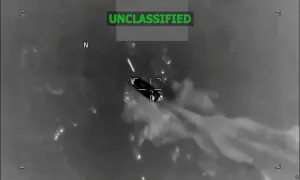


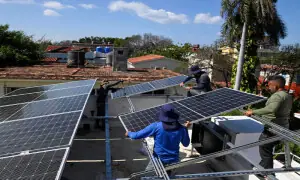
Comments are closed on this story.